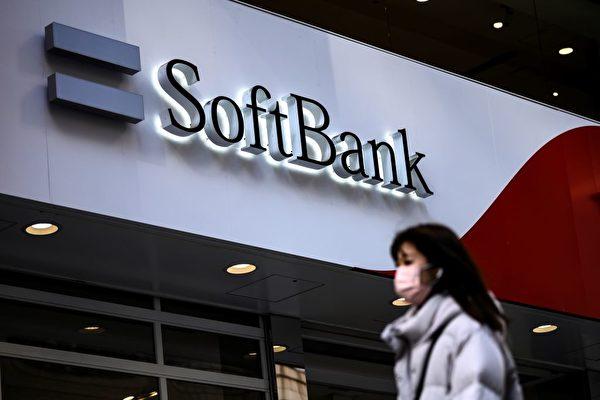SoftBank Group Corp., a Japanese venture capital firm, announced its performance for the second quarter (April - September) on Nov. 8. Its Vision Fund lost $7.96 billion, resulting in a $3.58 billion loss in investment income, down $21.98 billion from the same period last year. Chinese media have called it the biggest “victim” of the collapse of China’s internet giants.
In SoftBank’s second quarter performance network conference on Nov. 8, founder and Chairman Masayoshi Son briefly reviewed the Group’s impressive results for the last few quarters before announcing the investment loss.





